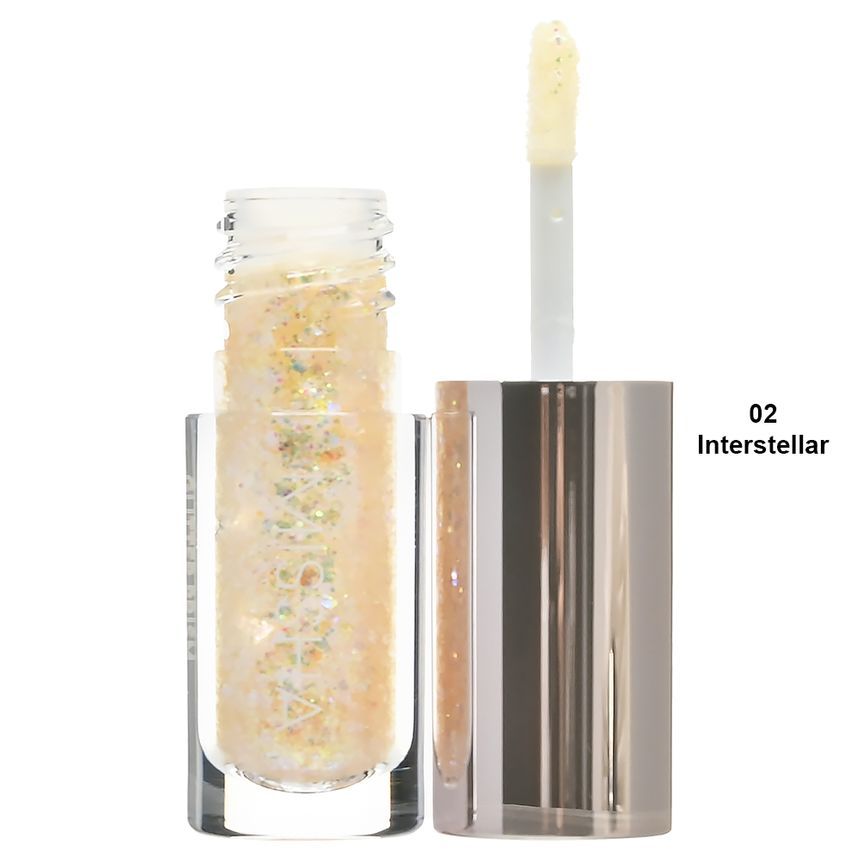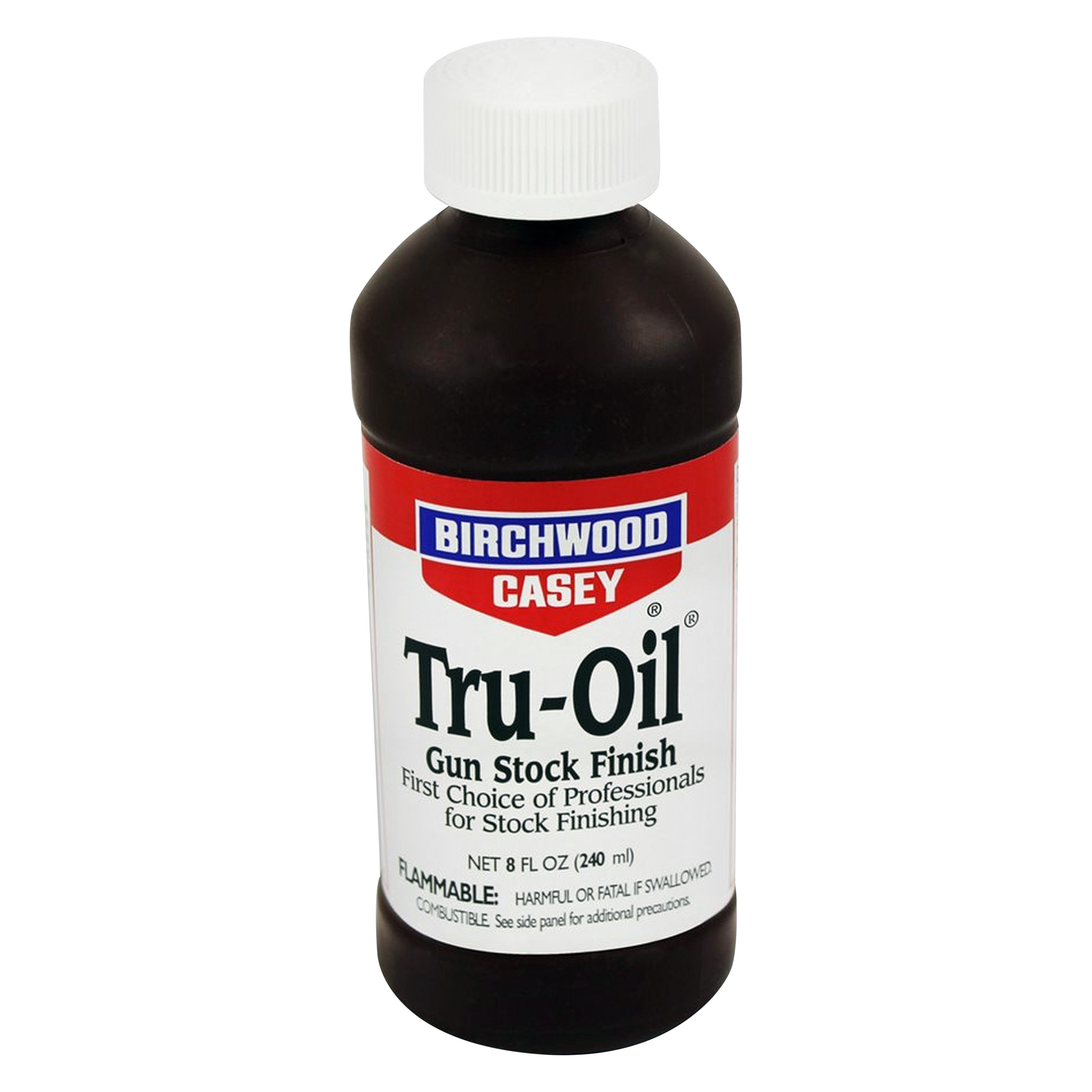

For practical purposes, such as holding a drink, glass is like a solid, Ediger says, although a disorganized one. This new structure is not as organized as a crystal, because it did not freeze, but it is more organized than a liquid. Past this point, the molecular movement of the material's atoms has slowed to nearly a stop and the material is now a glass. To become an amorphous solid, the material is cooled further, below the glass-transition temperature. At this stage, the material is a supercooled liquid, an intermediate state between liquid and glass. When glass is made, the material (often containing silica) is quickly cooled from its liquid state but does not solidify when its temperature drops below its melting point. With a "solid-if you grab it, it holds its shape," he adds. "Amorphous means it doesn't have that long-range order," Ediger says. Glasses, though more organized than liquids, do not attain the rigid order of crystals.

"Liquids and glasses don't have that order," he notes. They include crystals, like sugar and salt, with their millions of atoms lined up in a row, explains Mark Ediger, a chemistry professor at the University of Wisconsin, Madison.

And yet glass's liquidlike properties are not enough to explain the thicker-bottomed windows, because glass atoms move too slowly for changes to be visible. It is an amorphous solid-a state somewhere between those two states of matter. Glass, however, is actually neither a liquid-supercooled or otherwise-nor a solid. And, because glass is hard, it must be a supercooled liquid. This is evidence, say tour guides, Internet rumors and even high school chemistry teachers, that glass is actually a liquid. The seemingly solid glass appears to have melted. Some panes are thicker at the bottom than they are at the top. Notion is an excellent info structuring and presentation tool.In medieval European cathedrals, the glass sometimes looks odd. The first three excel in non-linearity and, IMHO, are better suited to learning over research. In these and also Notion, you can attach and, to some degree, annotate. Obsidian, Remnote, and Roam Research continue to grow in functionality and are all pretty flexy. Someone from the team pinged me about it on Twitter, and I haven't had a chance to check it out yet. It isn't, as I mentioned, much of a replacement for LiquidText and MarginNotes.Ĭheck into a new, enhanced reader called Matter. But you'll have to play around with it to see if it's useful to you. Feedly will also collect newsletters, and Twitter feeds, allows grouping by feed lists and notebooks, integrates like a dream with Pocket and Evernote, and has subscriptions at a bunch of price points. If you're a Mozilla user, it's a good bet. Pocket is an old standby that's probably over-priced unless you're already invested in it. LINER, Pocket, and Feedly all offer feed aggregation and reader formatting with highlighting and notes. But for web research, it's still my go-to, even though I now have an iPad. It hasn't gotten a lot of love beyond its cult following since it first started up in 2004, so while the team continues to make improvements, it doesn't have the spit-shine LiquidText has. An expensive piece of paper replacement, but I am completely hooked on the ease, natural feel, simplicity, and lack of distractions.ĭiigo bookmarking is more notable for tagging, web clipping, sharable annotations with stickies, and outliners for aggregating bookmarks and notes by topics it also offers interest group communities you can create and administer yourself and a pretty professional, education-oriented customer base. Highlighter pens in grayscale convert to colors.
#Similar to liquid notes pdf#
The reMarkable tablet - getting better all the time, offers access to your cloud storage, pdf reading, and annotation, including the ability to add pages inside pdfs, inking, plain text entry, and handwriting recognition, plus the ability to send anything to anyone via email. None are free, though some (Diigo, Notion, Pocket, Feedly) offer limited starter plans for free. None of these below are the same as LiquidText or MarginNotes, but they offer annotation and research features I've found very useful. I wish I had better suggestions: I'm looking for the same thing myself.


 0 kommentar(er)
0 kommentar(er)
